
Porsche cars are renowned for their powerful engines, stunning designs, and high-end features. They are popular among sports car enthusiasts for their reliability and quality. However, even the best models can have common problems from time to time. In this comprehensive guide, we will explore the most common issues that Porsche owners may encounter and provide solutions to fix them. By understanding these problems and taking proper care of your Porsche, you can ensure that it runs smoothly for years to come.
1. Check Engine Light (CEL)
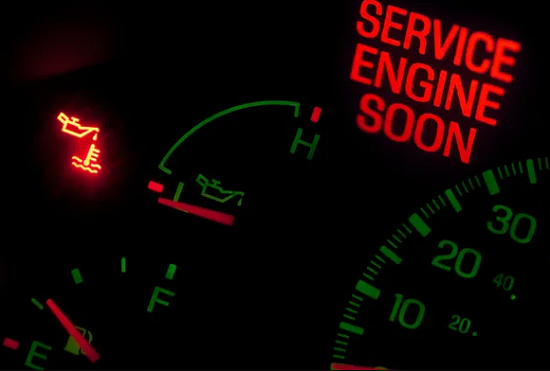
The Check Engine Light (CEL) is a common warning sign in all car brands, including Porsches. It illuminates on the instrument cluster when the system detects a fault while the engine is running. The faults can range from minor issues like vacuum leaks or coolant leaks to more serious problems like oil leaks caused by hitting a pothole. Ignition coils and spark plug tube seals are also prone to wear and may require maintenance or replacement to avoid misfires. If you encounter a CEL, it is advisable to consult a professional repair shop for a thorough diagnosis and appropriate solutions.
2. Oil Leaks
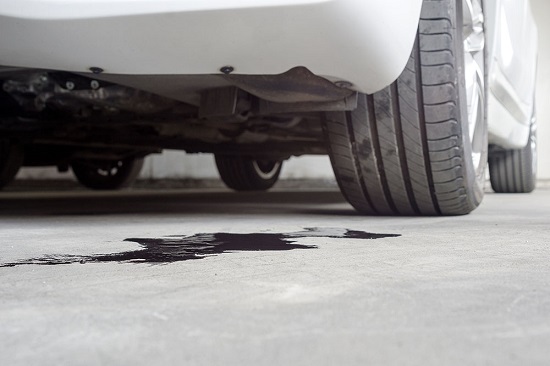
Oil leaks can be a significant concern for any car, including Porsches. If left unaddressed, they can lead to extensive damage. The rear main seal, located between the engine and the transmission, is a common source of oil leaks. Over time, the seal can become worn or damaged, resulting in oil leakage. Replacing the rear main seal is a complex task that should be entrusted to a professional mechanic. Another common cause of oil leaks is a faulty valve cover gasket. Regularly inspecting and replacing the gasket, if necessary, can help prevent oil leaks and subsequent damage to your Porsche.
3. Air Oil Separator (AOS) Issues
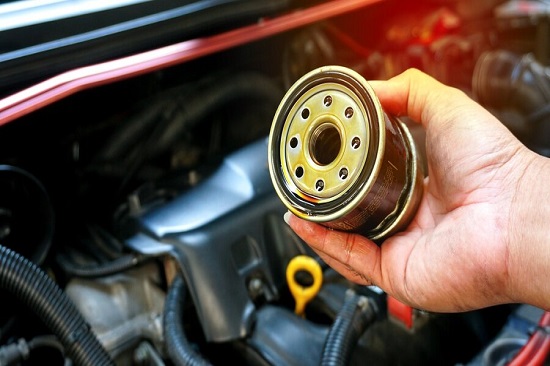
The air oil separator (AOS) plays a crucial role in the emissions system of Porsche engines. It extracts oil from gases in the crankcase, ensuring that oil is recycled back to the sump while gas is sent through the combustion path for cleaning. However, AOS problems can result in check engine lights, emission faults, white smoke, and other issues. A failing AOS can also lead to oil leaks and rear main seal failure. To extend the system's lifetime, drivers who frequently hit the track or drive long distances at high speeds may consider opting for a Porsche Motorsport AOS. Regular checks by a qualified mechanic are essential to detect and address any AOS-related issues promptly.
4. Low or Flat Battery Power
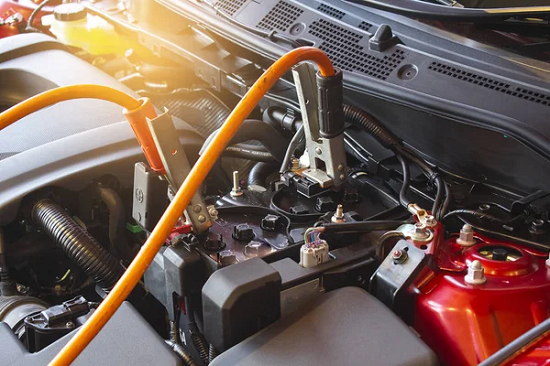
Although Porsches are high-performance sports cars meant to be driven hard and fast, many owners find themselves dealing with flat batteries. When a 911 is parked and not driven, it still consumes battery power for essential systems like emissions control and electronic stability control. This continuous power usage can drain the battery, leading to various problems. To prevent this, it is recommended to use a battery maintainer when storing the car for an extended period. This device helps maintain the battery's charge and ensures its longevity.
5. Coolant Leaks
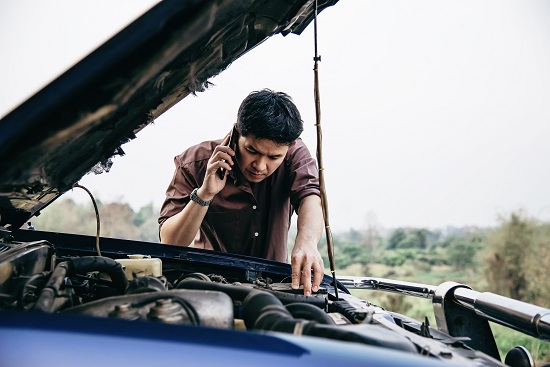
While Porsche cars generally have reliable cooling systems, there are some areas prone to issues. One common problem is small cracks in the plastic coolant pipes and reservoir. These can cause coolant leaks and result in a distinct coolant smell. Replacing the reservoir can be a complicated task, so seeking assistance from a repair shop is advisable. Another potential source of coolant leaks is the radiator, particularly in the Porsche 911. Road debris can cause small holes, which may be difficult to detect without removing the front bumper. Regularly cleaning the radiator can help prevent leaks. Lastly, failing water pumps are often responsible for coolant leaks. Regular inspection and replacement every few years can help prevent such issues.
6. 2nd Gear Moving to Neutral
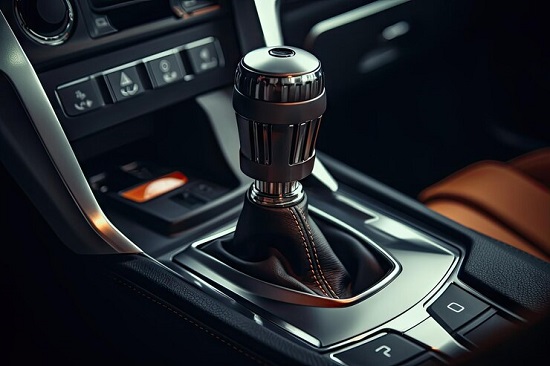
This common problem primarily affects Porsche cars with manual transmissions. Some models experience an issue where the second gear shifts to neutral on its own, which can be annoying and dangerous. This problem is often caused by damage to the dog ring or op-sleeve, usually resulting from wear and tear. Swift and abrupt gear shifting can exacerbate this issue. Replacing the op-sleeve is typically necessary, and in extreme cases, both the dog ring and op-sleeve may require replacement. Fortunately, this issue does not occur in Porsche automatic transmissions.
7. Smoke on Startup – Cold Engine
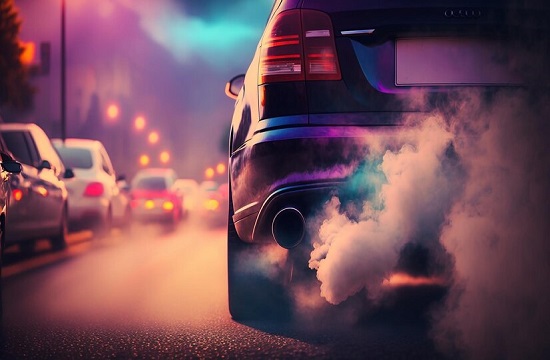
A quick puff of smoke during startup is a common occurrence in Porsche cars and is usually indicative of wear and tear, which worsens as the mileage increases. Cars that have been stored for a while without starting are more prone to this problem. To prevent it, starting the engine periodically is recommended. Although a quick puff of smoke is not a significant concern, experiencing it for an extended period may require further investigation. Replacing the fuel injectors can sometimes resolve this issue, especially if the car has been stored for weeks or months. Another potential cause is a degrading air oil separator (AOS).
8. Heavy Clutch Pedal
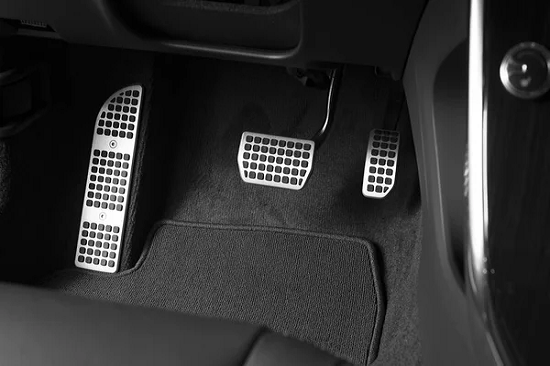
Owners of early model Porsche 911 Turbos with manual transmissions may encounter a heavy clutch pedal before starting the engine. This issue is often caused by a faulty pressure accumulator, which fails to hold the hydraulic pressure required to operate the clutch. As a result, the pressure leaks back into the system instead of functioning during pre-startup. It is recommended to replace both the pressure accumulator and the clutch slave cylinder if wear and tear have occurred. Seeking assistance from professionals, such as the experts at Service My Car, ensures accurate diagnosis and proper solutions for Porsche common problems.
Pros and Cons of Porsche Cars
Owning a Porsche is a dream for many car enthusiasts, but it's essential to consider the pros and cons before making a purchase.
Pros
- High safety standards ensure driver and passenger protection.
- Premium and stunning designs that exude luxury and style.
- Porsche cars are known for their comfort and smooth rides.
- Exceptional durability and performance, delivering an exhilarating driving experience.
- Porsche cars have excellent resale value, making them a smart investment.
Cons
- High buying price compared to other car brands.
- Potential air oil separator problems that may require regular maintenance.
- Repair costs can be expensive due to the premium parts used in Porsche cars.
- Certain models may have lower battery power, particularly when not driven regularly.
Thanks for giving your valuable time to read this blog, In case you are having another brand car for example Mini and you are looking for a mini garage dubai then visit Service My Car website in case you need any service or repairs.
Conclusion
While Porsches are built to be high-performance machines, they are not exempt from common car problems. By familiarizing yourself with these eight common issues, you can better prepare for potential challenges and ensure that your Porsche remains in top condition for years to come. Regular maintenance, prompt repairs, and professional assistance from experienced mechanics, like those at Service My Car, can help you address and resolve these problems effectively. Enjoy the thrill of driving your Porsche while keeping it running smoothly and reliably.
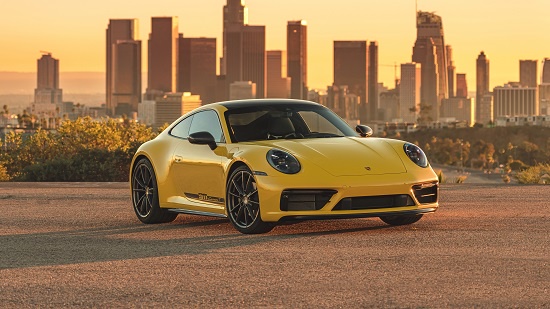

No comments yet